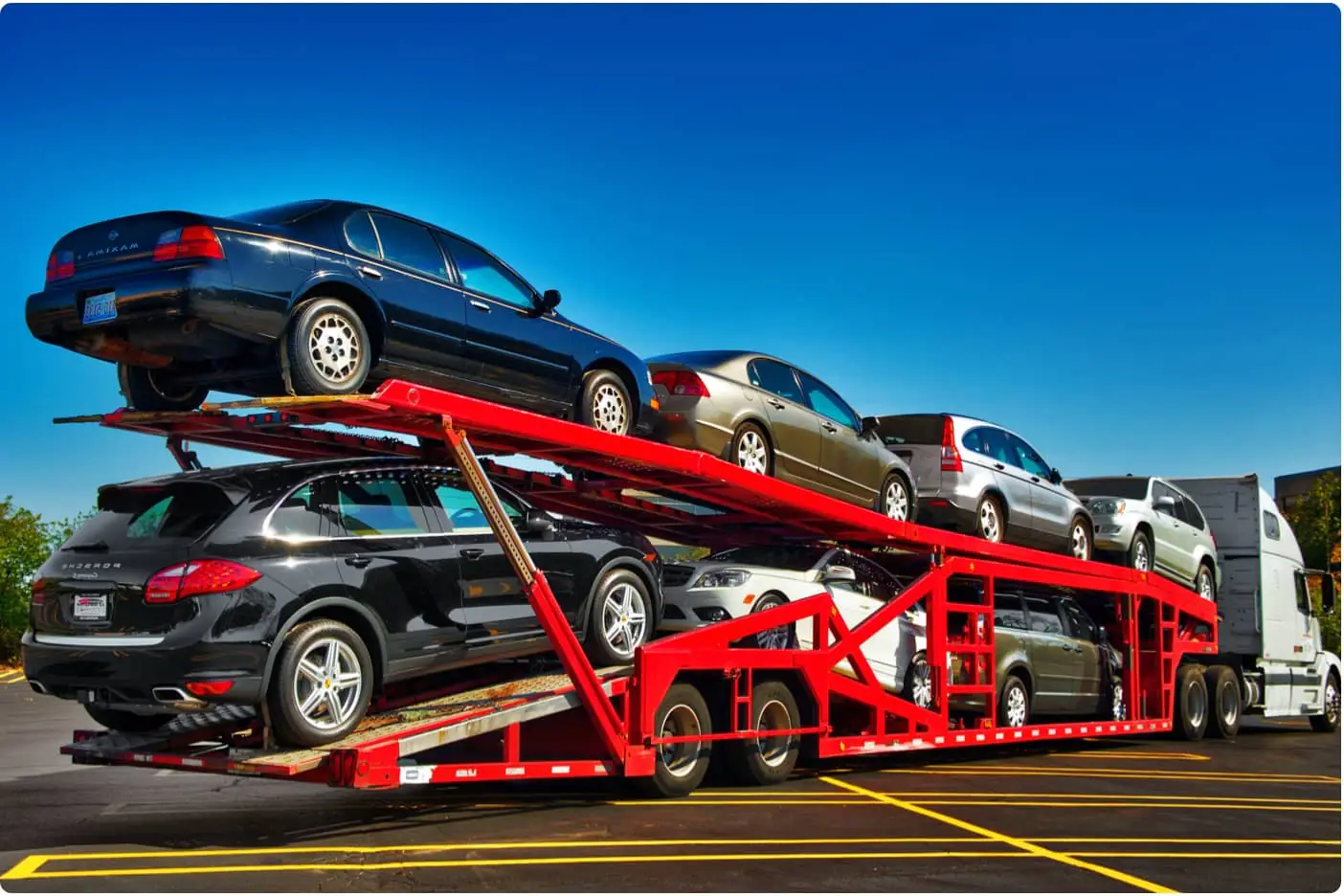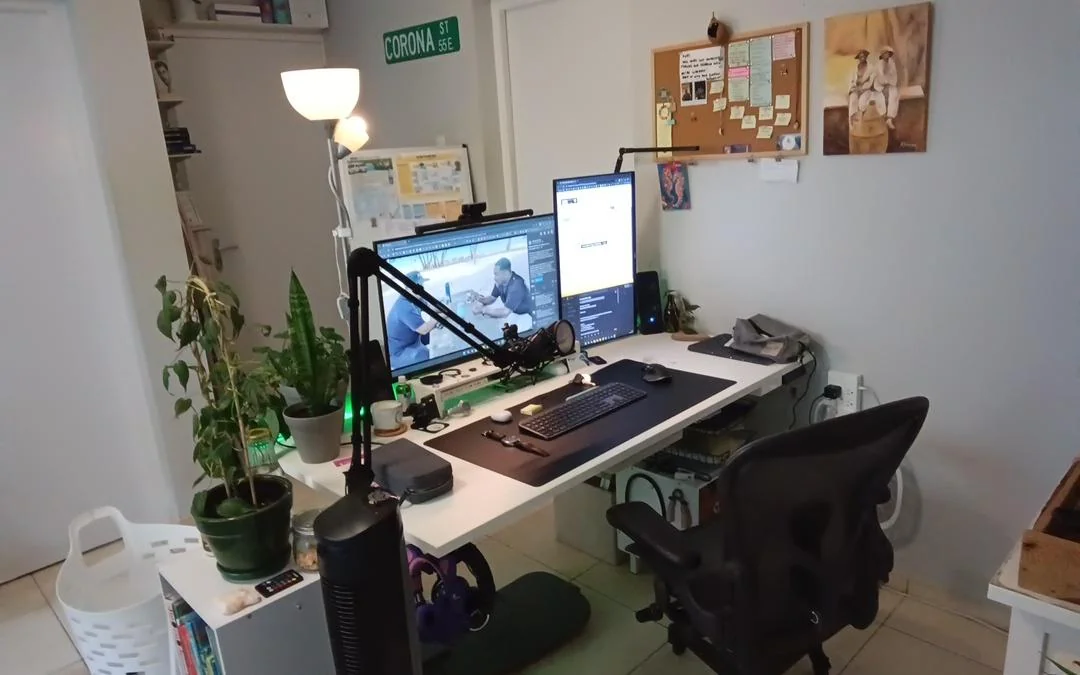Unique Challenges of Moving to a Big City: Essential Tips
Discover vital tips for relocating to a large city. Explore different neighborhoods, deal with limited space, and manage stress to ensure an easy transition.
Speak With A Shipping Expert And Save 10%
Call (866) 333-8018
The Unique Challenges and Considerations of Moving to a Big City
A big-city move is a monumental and exciting milestone for many, especially young adults. The promise of busy city life and endless cultural, professional, and social opportunities is undeniable. Big cities are often hubs of innovation and activity, offering an exhilarating and challenging environment. So, whether it's a move from college or relocating for work, it's no wonder the new chapters and experiences available in cities are alluring.
However, moving to a big city has its challenges. The fast-paced lifestyle, higher cost of living, and complexities of urban logistics can be overwhelming. Navigating public transportation, finding affordable housing, and adjusting to a more crowded and hectic environment requires adaptability and resilience, considerations that are often less pronounced in suburban or rural moves. It's best to arm yourself with all the knowledge you can and learn about the unique challenges and considerations of moving to a big city.
Adjusting to Smaller Living and Working Spaces in the City
One of the most noticeable adjustments when moving to a big city is the size constraint of living and working spaces. Urban apartments with office spaces tend to be smaller than suburban ones. Compact living has become the norm in cities where every square foot is at a premium, often requiring people to downsize substantially.
Living in smaller spaces also affects daily life, from storage solutions to overall comfort. With limited room to work with, creative storage solutions become essential. So a few things to keep in mind include:
- Shelving units, wall-mounted storage, and hanging organizers can free up valuable floor space.
- Pieces of furniture that serve more than one purpose are invaluable in compact living environments.
- Consider under-bed storage, over-door racks, and vacuum-sealed bags for seasonal items. These smart storage solutions can make a big difference in maximizing space.
Prioritizing essential items and best practices can streamline the transition. For those relocating from a suburban home with multi-functional or valuable furniture, it's vital to explore shipping options for safe and secure transport. However, ensure you keep what you truly need and love to avoid overcrowding.
Choosing the Right Neighborhood in a Big City
A new city means a new community and routine. Finding the right place to make these roots means finding a neighborhood that offers the quality of life you're looking for and the necessary amenities to help provide it. You want to balance affordability and comfort, find accessible transportation, and ensure you're close to your new job.
There are a few key considerations to mull over:
- Determine your rent or mortgage budget and decide how much you're willing to spend on living expenses.
- Chat with locals to get a sense of how safe the neighborhood is.
- Assess the vibe and culture of the area, considering parks, community centers, and other appealing amenities.
- Evaluate the proximity to subway stations, bus routes, and bike-share programs.
As with any significant change, some trade-offs will likely occur when choosing a neighborhood. However, by prioritizing your must-haves and being open to new possibilities, you can find the best fit for your lifestyle and budget.
Moving in Crowded Urban Conditions
Moving to a big city presents unique logistical challenges that can complicate the process. Navigating busy streets, limited parking, and maneuvering through crowded apartment buildings are all part of the urban moving experience. Unfortunately, these crowded conditions and tight, busy spaces make it easy for furniture and other valuables to get scratched, dented, or broken.
To reduce this risk, consider using services that specialize in handling high-value items and are experienced with urban moves. Professional packing and shipping services often have a system and strategy for navigating these challenges so you can have peace of mind knowing your belongings are in good hands.
Additionally, schedule your move during off-peak hours to dodge heavy congestion. Early mornings or weekends are often less busy times. Likewise, map out the best route to your new place, ensuring you consider traffic. Reserve a parking spot close to your building to minimize the unloading distance. Lastly, inform your building management about your move. They might have specific protocols or time slots to help you avoid conflicts with other residents.
Managing Moving Day Stress in a Big City
With the right strategy and mindset, you can lessen the stress of a big move. Here's a quick rundown of helpful tips:
- Outline tasks to complete before, during, and after the move to break down the process into manageable steps.
- Establish a timeline for your move with clear deadlines.
- Label every box and ensure you list which part of the house it belongs to.
- Pack a box with must-have items for post-move needs.
Along with these tips, take time for your mental and physical health. Schedule regular breaks, keep a water bottle close, and eat a few snacks throughout the day. Couple this with some deep breathing to calm your nerves. If you're overwhelmed, ask friends and family for help and delegate tasks to lighten your load and stay on track.
Using Public Transportation for Moving in the City
Relying on public transportation can become necessary when moving to a city, especially if you don't own a car or parking is a challenge. For those handling small moves, combining public transit with a professional moving service offers a balanced approach that maximizes convenience and cost-effectiveness.
Public transit provides an efficient way to navigate urban centers without the hassle of traffic congestion and parking. At the same time, a moving service ensures your belongings are transported safely and efficiently. Start by checking transit maps and schedules to plan travel, and pack your essentials in easy-to-carry containers. The moving service can manage the bulk of your items, securing and delivering them to your new location.
Building a New Social Circle After Moving to a City
Building a new social network is one of the biggest challenges of moving to a big city. Urban anonymity can make it hard to meet people and form connections. However, with proactive strategies, you can create a solid social system:
- Join local clubs: Engage in hobbies you enjoy and meet people with similar interests.
- Attend community events: Participate in festivals, fairs, and neighborhood gatherings to connect with new people and learn about your community.
- Volunteer: Give back to your community and connect with like-minded individuals.
Similarly, getting to know your neighbors can build a strong sense of community. A simple introduction or attending neighborhood meetings can build rapport. Likewise, forming friendships with colleagues creates a social network. Engage in work events and organize casual outings.
Leveraging Online and Community Resources in a Big City
In a big city, online and community resources can be invaluable for newcomers looking to integrate and find like-minded individuals. A few examples include:
- Community centers: Many cities offer classes, workshops, and events to help you meet new people.
- Interest-based groups: Look for community groups that match your interests, like book clubs, sports teams, or volunteer organizations.
- Facebook groups: Search for local groups related to your interests or neighborhood to stay updated on events and activities.
- Meetup: This platform helps folks discover and join groups with similar interests.
With the right approach and the resources mentioned above, you can make the most of your move and feel at home in your new city.
Our Latest Moving Tips
View Full BlogTrustpilot Reviews
Aptos, CA 95003 US
Sat: 9:00 am - 3:00 pm
*Pacific Time


